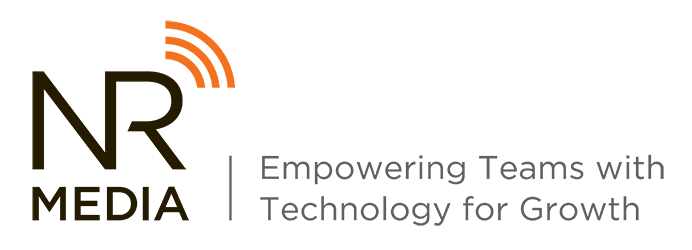 We're cool, so I'm going to come clean.
We're cool, so I'm going to come clean.
I'm completely overloaded right now, and it's no one's fault but my own. With my clients, blog, guest writing on places like CMI and SpinSucks, helping to plan this year's Ohio Growth Summit and now everything involved in being part of Team Cbus, I'm getting killed.
I think entrepreneurs are blessed (and sometimes cursed) with a high sense of ambition. We are the types that always want to be doing more. That said, maybe it's not just relative to entrepreneurs. I know lots of folks who work 45 hours a week in a corporate setting and another 30-40 hours a week on projects that align with their passions.
But for me, I'm now overloaded. You know what? I will survive, just as I always do. You will too, just as you always do, when tasks and projects and responsibilities drip off the edge of your full plate.
Let's talk about some key survival tips you (and I) can use when we've taken on more than we probably should have:
- Forget about emptying your email inbox. It's probably not going to happen. Instead, parse through quickly, flag everything that requires a more detailed follow-up and respond with a short message that lets the sender know that you received the message and will be back in touch later when you can devote your attention to the response they need. You can do this by creating a template response, and then simply copy and paste. If you're on Apple Mail, you can actually set it up as a signature option.
- Set a reasonable task list by day. Don't get too detailed about scheduling out each hour - that takes up more of your time. Instead, just write down your running to-do list on a big piece of paper, and then create subheads for each day of the week. Look through the list and decide on 1-3 tasks that you can actually complete during the course of any given day, and list those under the day's heading. As you complete each task, cross it off the list and move on to the next one.
- Limit your distractions, but don't abandon your daily routine. For us social media-friendly folks, participating on Twitter and Facebook or even staying on top of blog content is a core part of how we function as professionals. Shutting it off completely is not really an option. Instead of eliminating social media participation from your routine, moderate it. If you are doing presence building on Twitter through distribution, cut the amount of articles or posts you distribute in half. You might try checking your HootSuite dashboard or Tweetdeck three times a day, rather than having it run all day long in the background. Write easier and shorter blogs posts. Using lists and video posts or even featuring other people's content on your blog - with your reaction - is a way to save time on the research and writing you will do.
- Cancel or reschedule meetings that don't directly impact what's on your to-do list. Look, you know I'm a networking advocate, and I try to meet at least 3-5 new people each week. But when the plate is full, networking makes for good seconds. If you're slammed, don't be afraid to reach out to people who've scheduled coffee with you (or you with them) and push those meetings back. Everyone has been there, and they will understand. Be polite, honest and respectful when you reschedule and everything will be fine.
- Force downtime upon yourself. It sounds counterintuitive, right? The truth is that when you are overloaded, your stress levels are completely out of whack. That can effect everything, including the way you interact with your family members, coworkers and friends. It can also effect your decision-making ability and creativity. When your plate is full, make an investment in your own well-being and take one evening or even just a few hours to blow off steam. Go to the gym, take your kids to a movie, go to dinner with your significant other - do anything that makes you happy and is not related to your work.
That's five. There are plenty more ideas and strategies on how to survive work overload, and now it's your turn.
What would you add to the list? What helps you stay sane and effective when your plate is full?
